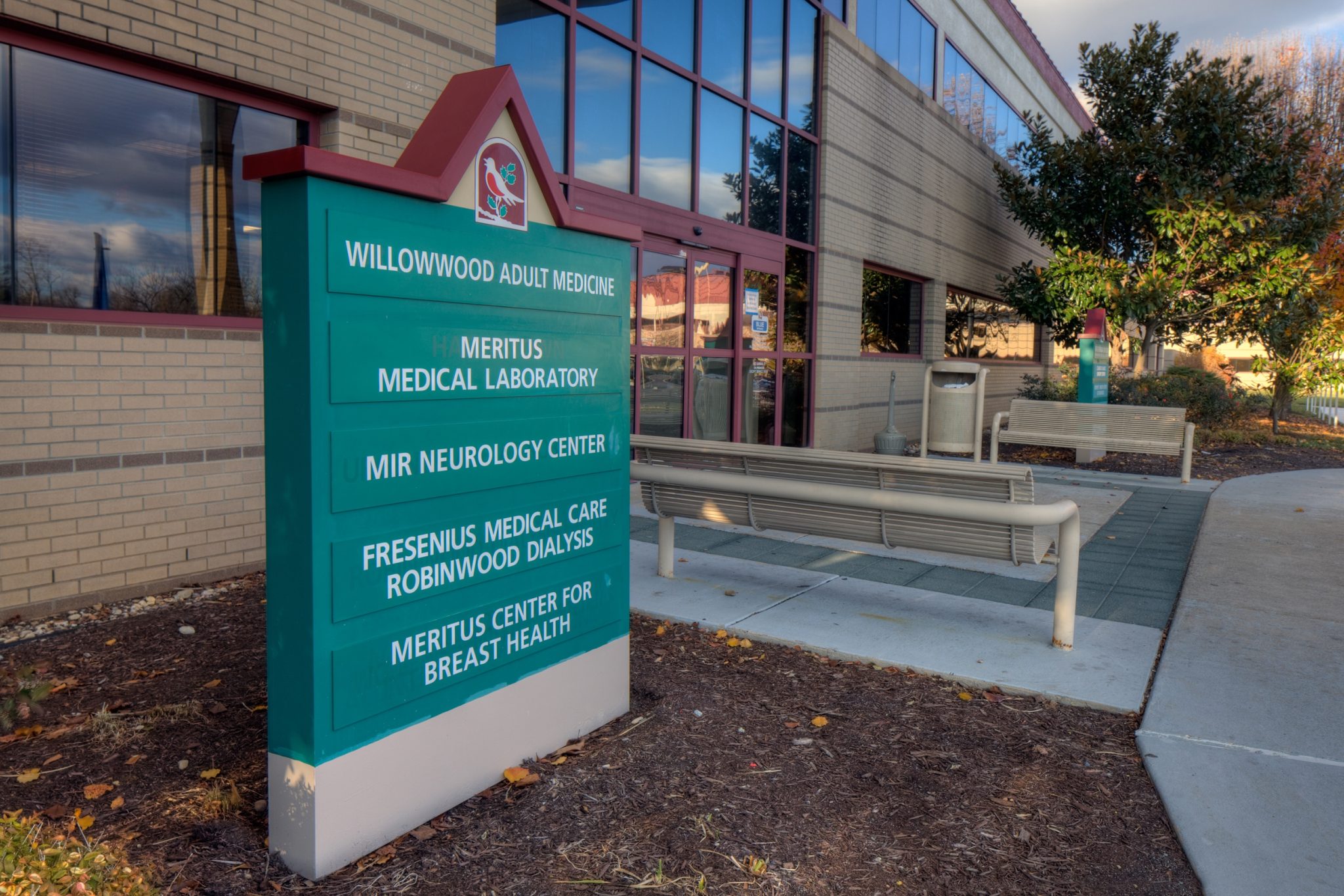We're Hiring! Join Our Team as a Nurse Practitioner - Apply Now. to Make a Difference in Patient Care!
Carpal Tunnel Syndrome

Carpal Tunnel Syndrome Treatment and Care Services
Carpal Tunnel Syndrome (CTS) is a common condition that affects the hands and wrists, causing pain, numbness, tingling, and weakness. It occurs when the median nerve, which runs from the forearm into the palm, becomes compressed as it travels through the carpal tunnel in the wrist. This condition is often related to repetitive motion or pressure on the wrist and can significantly impact daily activities and quality of life. At our clinic, we offer comprehensive diagnostic services, personalized treatment plans, and ongoing care to help patients manage Carpal Tunnel Syndrome and alleviate symptoms.
What is Carpal Tunnel Syndrome?
The carpal tunnel is a narrow passageway in the wrist surrounded by bones and ligaments. The median nerve, along with tendons that control finger movement, passes through this tunnel. When the tunnel becomes narrow or the tendons swell, pressure is placed on the median nerve, leading to the symptoms of Carpal Tunnel Syndrome. This condition is more common in individuals who perform repetitive tasks that strain the wrist, such as typing, using a mouse, or working with machinery.
Risk Factors for Carpal Tunnel Syndrome:
- Repetitive Hand Movements: Prolonged use of the wrist in awkward positions, like typing or assembly line work.
- Injury or Trauma: Previous wrist injuries, such as fractures, can lead to CTS.
- Pregnancy: Hormonal changes during pregnancy can lead to fluid retention, increasing pressure on the median nerve.
- Health Conditions: Conditions like diabetes, rheumatoid arthritis, or thyroid disorders can increase the risk of developing CTS.
Symptoms of Carpal Tunnel Syndrome
The symptoms of Carpal Tunnel Syndrome can vary but typically include:
- Pain: Sharp or aching pain in the wrist, hand, or forearm, particularly at night.
- Numbness and Tingling: A sensation of “pins and needles” in the thumb, index, and middle fingers.
- Weakness: Difficulty gripping objects, weakness in the hand, or a feeling of clumsiness when performing tasks.
- Nighttime Symptoms: Symptoms are often worse at night, leading to disrupted sleep.
If left untreated, Carpal Tunnel Syndrome can lead to permanent nerve damage, so it is essential to seek medical attention if symptoms persist or worsen.
Our Carpal Tunnel Syndrome Treatment Services
At our clinic, we provide a wide range of diagnostic and treatment options to manage Carpal Tunnel Syndrome and help patients return to their daily activities without pain.
1. Accurate Diagnosis
A proper diagnosis is crucial to determining the most effective treatment. Our diagnostic approach includes:
- Medical History and Physical Examination: A thorough review of the patient’s symptoms, daily activities, and medical history.
- Nerve Conduction Studies: A test to measure the speed of electrical signals through the median nerve and identify any delays caused by compression.
- Electromyography (EMG): Used to assess the electrical activity of muscles and determine nerve damage or dysfunction.
- Imaging Tests: In some cases, we may use ultrasound or X-rays to rule out other conditions or assess the extent of nerve compression.
2. Non-Surgical Treatment Options
Many patients with Carpal Tunnel Syndrome can find relief through conservative, non-surgical treatments. These options include:
- Wrist Splints: Wearing a splint to keep the wrist in a neutral position, particularly during sleep, to reduce pressure on the median nerve.
- Physical Therapy: Stretching and strengthening exercises to alleviate pressure and improve wrist mobility.
- Nonsteroidal Anti-Inflammatory Drugs (NSAIDs): Medications like ibuprofen can reduce pain and inflammation associated with CTS.
- Corticosteroid Injections: Injections directly into the carpal tunnel can provide temporary relief by reducing inflammation around the median nerve.
- Ergonomic Adjustments: Modifying your workstation or the way you perform repetitive tasks can reduce strain on the wrists and prevent further damage.
3. Surgical Treatment Options
If conservative treatments are ineffective or symptoms worsen, surgical intervention may be necessary. The two main surgical options include:
- Endoscopic Carpal Tunnel Release: A minimally invasive procedure in which a small incision is made to release the ligament that is compressing the median nerve.
- Open Carpal Tunnel Release: A more traditional surgery that involves making a larger incision to fully release the pressure on the nerve.
Both procedures aim to reduce pressure on the median nerve, providing long-term relief from symptoms. Our surgical team uses advanced techniques to ensure minimal recovery time and optimal outcomes.
4. Ongoing Monitoring and Rehabilitation
After treatment, continuous care is essential to ensure proper healing and prevent recurrence. We provide:
- Post-Surgery Rehabilitation: Physical therapy to regain strength and flexibility in the wrist and hand.
- Regular Follow-Ups: Monitoring your progress and adjusting your treatment plan as needed to achieve the best results.
- Lifestyle and Preventive Care: Education on ergonomic practices, wrist exercises, and ways to minimize strain on the wrist to prevent future issues.
Why Choose Our Carpal Tunnel Syndrome Services?
- Experienced Specialists
Our team of experts, including hand surgeons, physical therapists, and neurologists, specializes in the diagnosis and treatment of Carpal Tunnel Syndrome. - Comprehensive Care
We offer both non-surgical and surgical options, ensuring that we provide the right solution based on the severity of your condition. - Personalized Treatment Plans
We take the time to understand your unique symptoms and lifestyle, creating a customized treatment plan tailored to your needs. - Minimally Invasive Techniques
For surgical treatment, we prioritize minimally invasive procedures that offer faster recovery times and less scarring. - Long-Term Support
We are committed to providing ongoing care and education to help you manage your condition and prevent further damage.
Contact Us for Carpal Tunnel Syndrome Treatment
If you’re experiencing the symptoms of Carpal Tunnel Syndrome, it’s essential to seek treatment as soon as possible to avoid further complications. Our clinic offers expert care and a comprehensive range of treatments to help you manage your condition and restore wrist function.
Contact us today to schedule a consultation and take the first step toward a pain-free, active life.

























